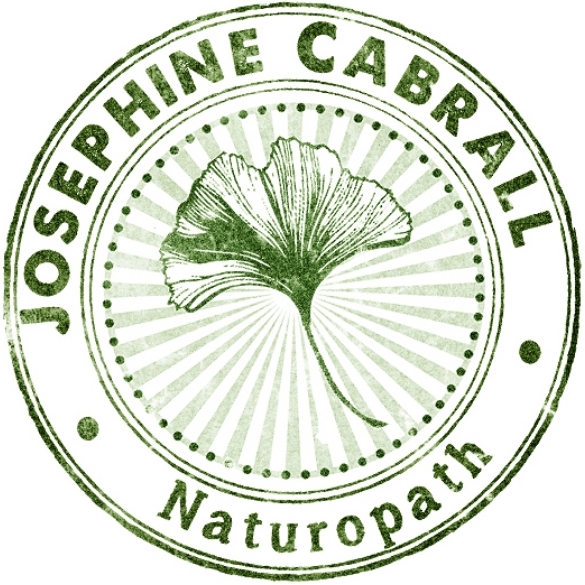If you have irregular periods, acne, male-pattern hair growth, sugar cravings and/or are overweight, you may have polycystic ovarian syndrome (PCOS).
What is PCOS?
PCOS is a syndrome that occurs when excess androgen hormones interfere with ovulation and hormone balance.
The major signs and symptoms of PCOS include:
irregular periods
long menstrual cycles (>35 days)
no period for 3 months or longer
hirsutism: excess, male-pattern hair growth, particularly on the chest, back, chin, upper lip, abdomen, upper arms, inner thighs and pubic region
hair loss: thinning hair or male-pattern scalp hair loss
acne
anxiety/stress/depression
sugar cravings
difficulty losing weight (particularly around the belly/abdomen)
skin pigmentation: areas of thicker, darker skin with a velvety texture that tend to occur in body folds such as the neck and groin. This is also called acanthosis nigricans.
infertility
severe PMS
It is important to remember that you don't have to have all of the above signs and symptoms to have PCOS. Presentation will vary from person to person, so if you are experiencing signs and symptoms of PCOS it is worth seeing your doctor for examination. Your doctor will make an assessment based on the Rotterdam Criteria. According to the criteria you must have at least two of the following three markers:
Clinical or biochemical evidence of high androgens. This means you must have high levels of male hormones in you blood or clinical signs of excess male hormones such as hirsutism, acne or hair loss
Irregular or anovulatory cycles. This means your period does not come in a regular 21-35 day cycle or you do not ovulate each month
Polycystic ovaries shown on an ultrasound. This means you have 12 or more cysts on each ovary. The cysts are actually just underdeveloped follicles where eggs are competing to mature for ovulation. If you have 12 or more, it usually means that you have not developed a mature egg to release in that menstrual cycle. This may not be the case every cycle, therefore you don't have to have the cysts to be diagnosed with the syndrome. The first 2 criteria are adequate for diagnosis.
What causes PCOS?
In most cases of PCOS, insulin resistance is one of the underlying causes. This is where the cells in your body stop listening to the hormone (insulin) that tells them to take in and use glucose from your diet. It’s like a knock on the door that just doesn’t get answered. Consequently, your pancreas makes more and more insulin and the excess insulin in your blood tells your ovaries and adrenals to make male hormones. It also causes excess sugar to be stored as fat, instead of being used for energy. If you are experiencing sugar cravings, difficulty losing weight, acanthosis nigricans, or have a high-sugar/high-refined carbohydrate diet it is likely that you have insulin resistance. Obesity increases your chances of being insulin resistant but normal-weight women can still be insulin resistant too.
Other factors also come into play, such as having been on the oral contraceptive pill or inflammation. Once you have a diagnosis of PCOS your Naturopath can help you discover what the underlying causes are, normalise your cycle and relieve symptoms.
All the best on your health journey,
Josephine

